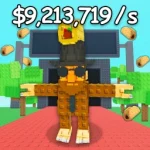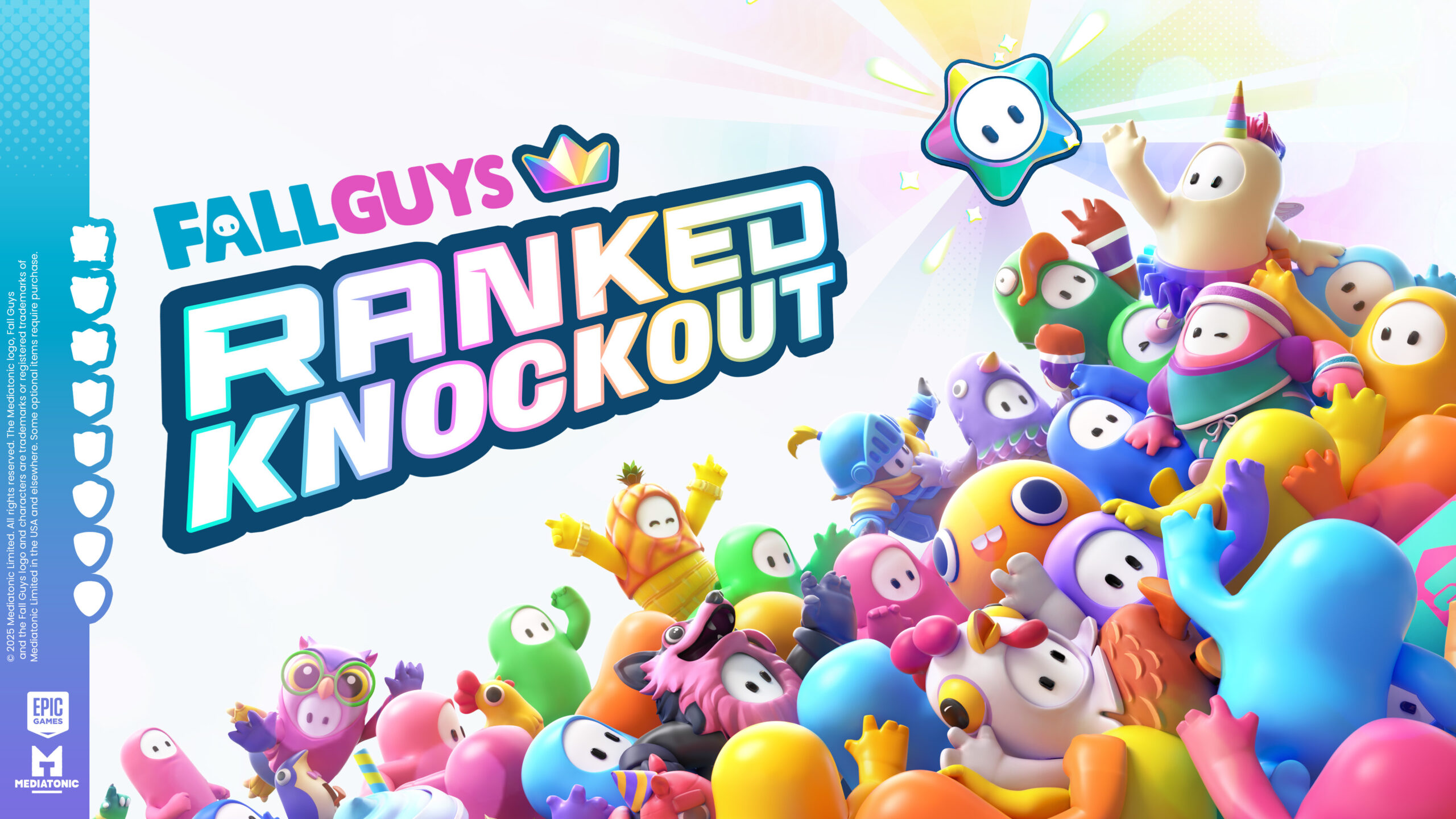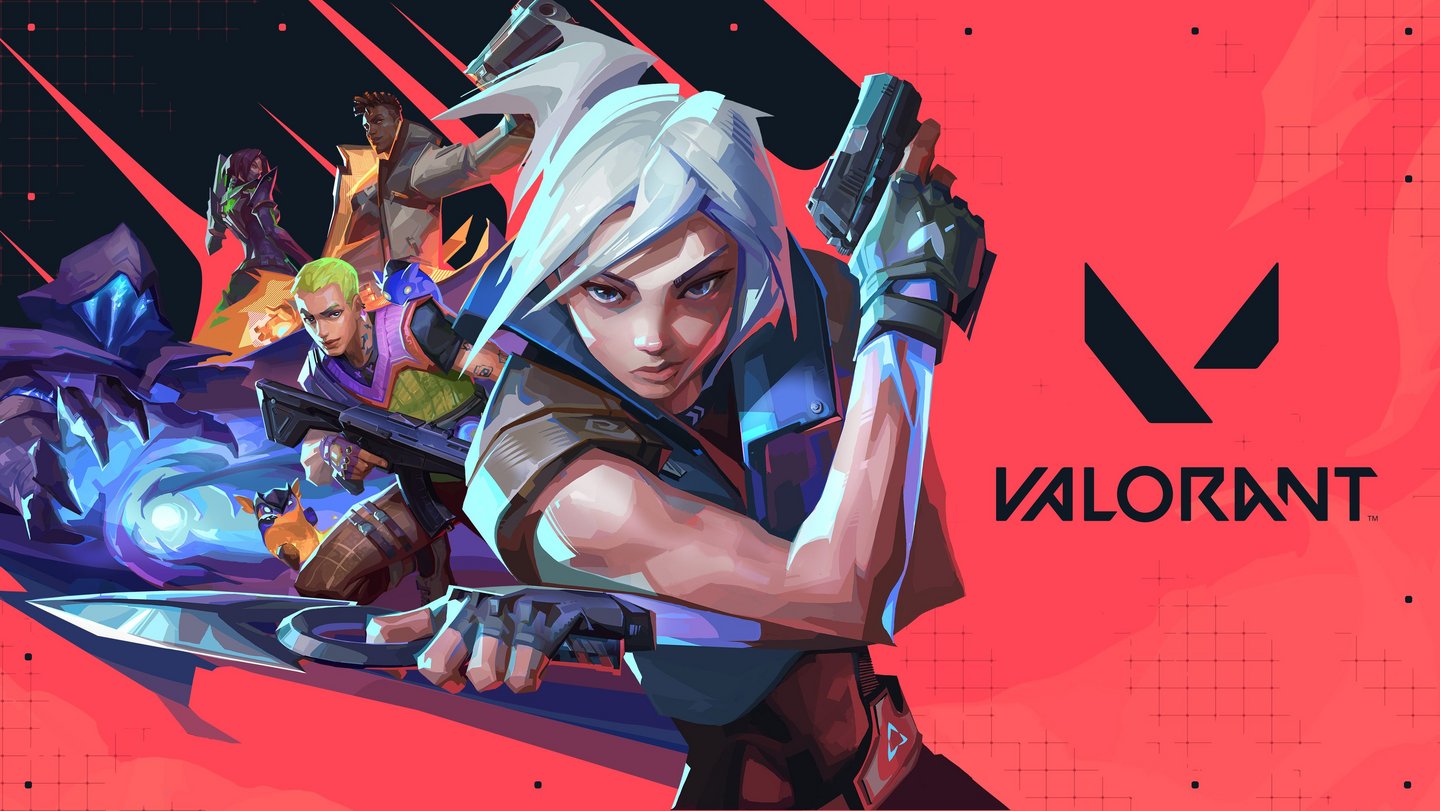Popular Now
Introduction
Gacha Club, created by Lunime, is celebrated for its vibrant character customization, but underneath its creative surface lies a complex battle system that often frustrates dedicated players. A critical yet often overlooked issue in the game's battle mechanics is the imbalance of unit skills. These skills—intended to bring variety and strategy—can actually lead to monotonous gameplay and limit team creativity due to imbalance, poor scaling, and meta-dominance. This article dives deep into how unit skills function, where the balance breaks down, and how this impacts long-term player experience.
1. Understanding Unit Skills: The Foundation of Combat
In Gacha Club, each unit comes equipped with a unique skill that becomes usable as the unit levels up. These skills can deal damage, heal allies, provide buffs (like increased attack), or apply debuffs (such as lowering enemy defense). They're a core part of battle mode, and success in combat often hinges on how well you can use and time these skills.
There are four primary categories of skills:
-
Damage skills (single target or AOE)
-
Healing skills
-
Buff/debuff skills
-
Elemental-based attacks
Each skill has a cooldown period, meaning you can’t use it every turn. This adds a layer of strategy, but it also creates space for certain skills to be spammed more efficiently than others, causing imbalance.
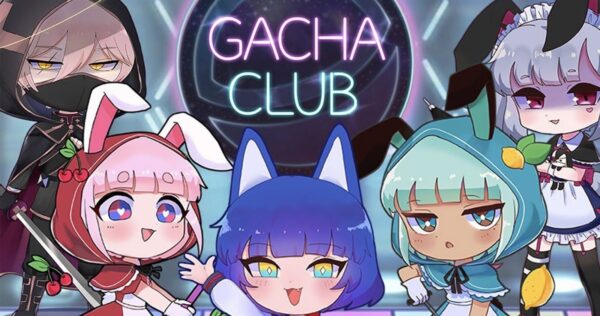
2. Early Game Simplicity: A False Sense of Balance
In the early stages of Gacha Club, everything feels fair. Enemies are weak, and most units perform similarly. Even weaker skills seem useful at first, giving players a sense of balance and flexibility.
Healing and AOE skills stand out during this stage because they can affect multiple targets or restore large amounts of HP, but at this point in the game, the difference between a strong or weak skill isn’t clear yet.
However, this early balance is deceptive. As players level up their units and unlock tougher battle modes, the cracks in the system start to show.
3. Mid-Game Awakening: Where Imbalance Starts to Show
Once units are awakened—boosted through star ranks and leveling—the differences in skill effectiveness become more noticeable. Skills that were merely decent before now either become game-changers or dead weight.
This is where "meta skills" emerge. Meta skills are those that offer high-value advantages in most situations, such as:
-
CRIT buffs
-
DEF debuffs on enemies
-
Healing over time combined with AOE damage
On the flip side, units with non-scaling or support skills that don’t improve with awakening get left behind. Players begin to favor raw power over tactical diversity.
4. Elemental Bias: How Skills Interact with Weaknesses
The elemental system in Gacha Club is supposed to promote strategy. Fire beats Wind, Wind beats Water, Water beats Fire, while Light and Dark are strong against each other and neutral to others. Corrupted units stand outside the traditional wheel.
In theory, this creates interesting decisions. In practice, however, skills attached to Light and Corrupted units often outperform others. Their skills tend to have better scaling, better cooldowns, and more universal utility.
Elements like Wind and Water are underrepresented in late-game strategies, primarily because their best skills don’t compete with the high-damage or high-buff skills of other elements.
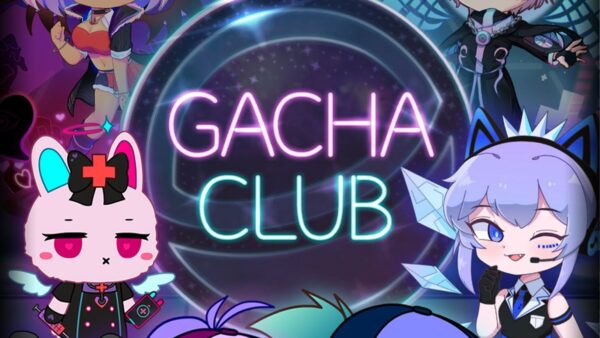
5. Team Synergy vs. Individual Skill Power
Ideally, you’d build a team based on synergy—healers, buffers, damage dealers, debuffers. But the reality is that some unit skills are so overpowered that players simply build teams around them instead.
This leads to what’s known as the “solo carry problem.” Some units, due to their high-scaling damage or healing skills, can win battles by themselves, making the rest of the team irrelevant.
As a result, team-building becomes about stacking similar high-performing skills rather than building a strategic or elemental team.
6. Battle Modes and Skill Dependencies
The issues become even more pronounced across different battle modes: Story, Tower, Training, and Shadows of Corruption. Each mode scales difficulty differently, which highlights skill imbalances.
In Tower Mode, for example, you face enemies with huge HP pools. Skills that buff attack or debuff enemy defense become essential. Healing or support skills that don’t scale well are quickly dropped.
In Shadows of Corruption, the difficulty spike forces players into specific skill choices—usually high-burst AOE damage and team-wide healing. This locks out more niche strategies and skills, reducing tactical variety.
7. Custom Unit Creation and Skill Inheritance Issues
One of Gacha Club’s main appeals is character customization. You can design your character’s look, pose, and gear—yet, you can’t change their skills. Each character is stuck with their default skill.
This limitation becomes frustrating when you love a character’s design but can’t use them because their skill is weak or doesn’t fit your strategy.
Many players have asked for the ability to customize or reassign skills. Even a limited skill inheritance system (like transferring a skill from one character to another) would improve the situation dramatically.
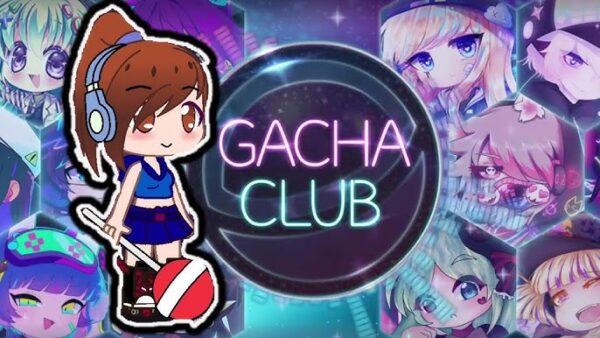
8. PvP and Auto-Battle: Skill Exploitation in Automation
While Gacha Club doesn’t offer real-time PvP, it has a form of passive or auto battle where teams fight using AI logic. In these battles, skill imbalance becomes even more obvious.
The AI doesn’t always use skills effectively. It might heal when no one is hurt or buff an already-buffed ally. This makes skills that are effective no matter when they’re used—like passive heals or AOE damage—much more valuable.
This leads to an “auto-battle meta” where only certain types of skills (especially those with high impact and low risk) are viable. More tactical skills are essentially ignored because the AI can’t use them well.
9. The Pay-to-Progress Trap: Skill Power and Monetization
Although Gacha Club is free-to-play, skill imbalance nudges players toward grinding or spending gems. Higher-rarity units often have stronger and faster-scaling skills, creating an indirect pay-to-win structure.
Club Level upgrades, which improve things like skill cooldowns and stat bonuses, also take a massive amount of XP. For casual players, reaching competitive levels without spending can take weeks or even months.
This creates a frustration loop: players either give up on weak units, endlessly grind Club XP, or consider spending gems just to stay competitive.
10. Community Solutions and Developer Suggestions
Recognizing these issues, the Gacha Club community has come up with creative workarounds. Players make tier lists separating skill viability for each mode, create custom challenge rules, or even mod their games to rebalance skills.
Some popular community fixes include:
-
Banning overpowered skills in challenge runs
-
Using themed or elemental-restricted teams
-
Creating balanced skill mods for offline use
To truly fix the problem, however, the developers could consider:
-
Allowing skill customization or upgrades
-
Introducing skill evolution trees
-
Reducing cooldown differences
-
Scaling skill effectiveness based on Club Level rather than rarity alone
Conclusion
Unit skills are the heartbeat of Gacha Club’s battle system, but their imbalance creates a skewed and sometimes frustrating experience. Instead of encouraging diverse, strategic team-building, the current system rewards a handful of overpowered skills while rendering many characters and playstyles obsolete. Fixing this imbalance—by enabling skill customization, refining cooldowns, and improving skill scaling—would not only restore strategic depth but also make Gacha Club's battle mode as imaginative as its character design system.




